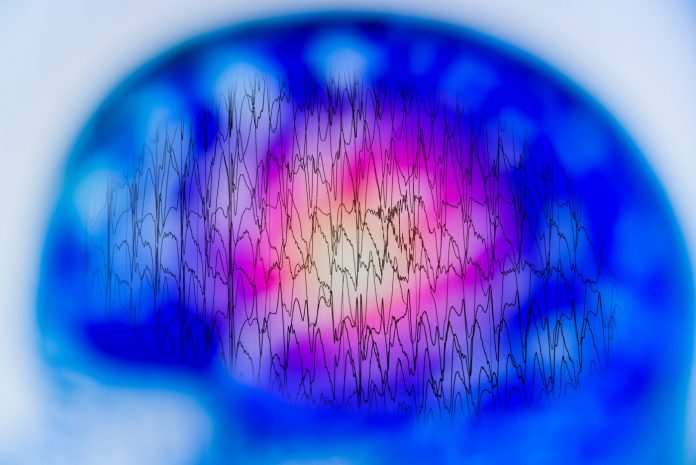
Clinical-stage biotech Gate Neurosciences announced today it is collaborating with Beacon Biosignals for the use of its EEG technology to identify biomarkers of major depressive disorder (MDD) and other conditions to help advance its pipeline of drug candidates in neuropsychiatry and cognition.
The first phase of the collaboration will tap Beacon’s Dreem 3S headband and neurobiomarker platform for an exploratory EEG sleep analysis in patients with depression who are currently enrolled in Gate’s pending Phase II clinical trial of zelquistinel, a rapid-acting oral NMDA receptor positive modulator the company is developing as a treatment for major depressive disorder (MDD).
“We will apply data and key learnings obtained from our combined experience in psychiatric clinical studies and EEG analyses to ultimately improve outcomes for patients across mental health, cognitive, and neurodevelopmental disorders,” said Mike McCully, CEO of Gate Neurosciences in a press release.
Gate Biosciences was founded in 2019 and emerged from stealth in August of 2022 with its lead candidate zelquistinel a third-generation NMDAR modulator it acquired from AbbVie. Its approach has been to leverage EEG research to help guide its clinical programs. The collaboration with Beacon Biosignals, builds on its internal EEG-driven approach. In addition, the biotech is also developing the candidate apimostinel for acute depression with suicidal ideation, currently in a Phase IIa study. In the Phase I study apimostinel demonstrated a consistent, dose-dependent human EEG signature representing NMDAR target activation.
The Phase II study of zelquistinel will seek to develop additional information for patient diagnosis, treatment response, and target activation over six weeks using Beacon’s FDA-approved Dreem 3S headband.
“In psychiatry, outcomes can vary widely within the same diagnosis, making it difficult for patients, families, and providers to determine the best treatment pathway for any individual,” said Jacob Donoghue, MD, PhD, CEO of Beacon Biosignals. “Brain activity during sleep, as measured using Beacon’s at-home hardware and AI-powered software, will provide a level of precision understanding never before possible, empowering informed and accurate decisions for the treatment of conditions such as depression.”
Beacon Biosignals was founded in 2019 focused on the development of machine learning algorithms to interrogate large EEG datasets to develop quantitative EEG-based biomarkers to accelerate drug development in sleep medicine, psychiatric disorders and neurologic disease. Last July, it acquired Paris-based Dreem, the developer of the headband that will be used in the Gate collaboration.
The acquisition of Dreem provided the company with a means of both collecting and analyzing EEG data in a single platform.
“It has always been our vision to expand clinical-grade brain monitoring to usher in the era of precision therapies in sleep medicine and the most difficult-to-treat neuropsychiatric conditions. There’s no substitute for recording directly from the brain, and the Dreem device will accelerate Beacon’s scale-up of validated sleep endpoints across a wide range of clinical trials,” said Donoghue, at the time of acquisition.













